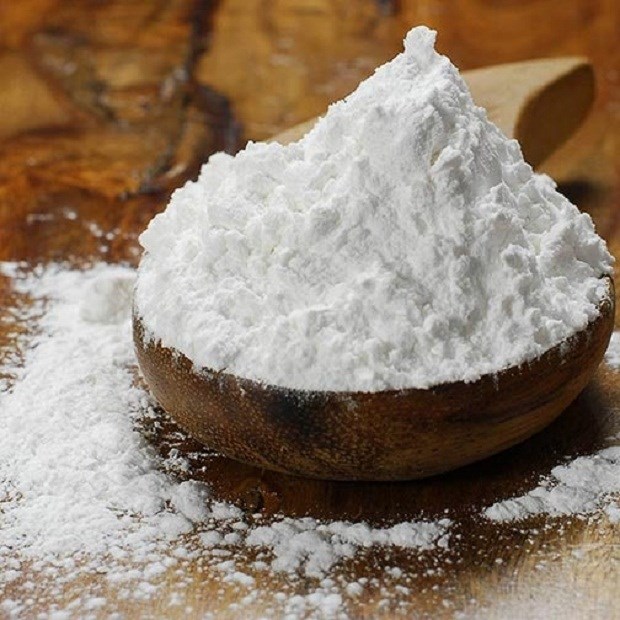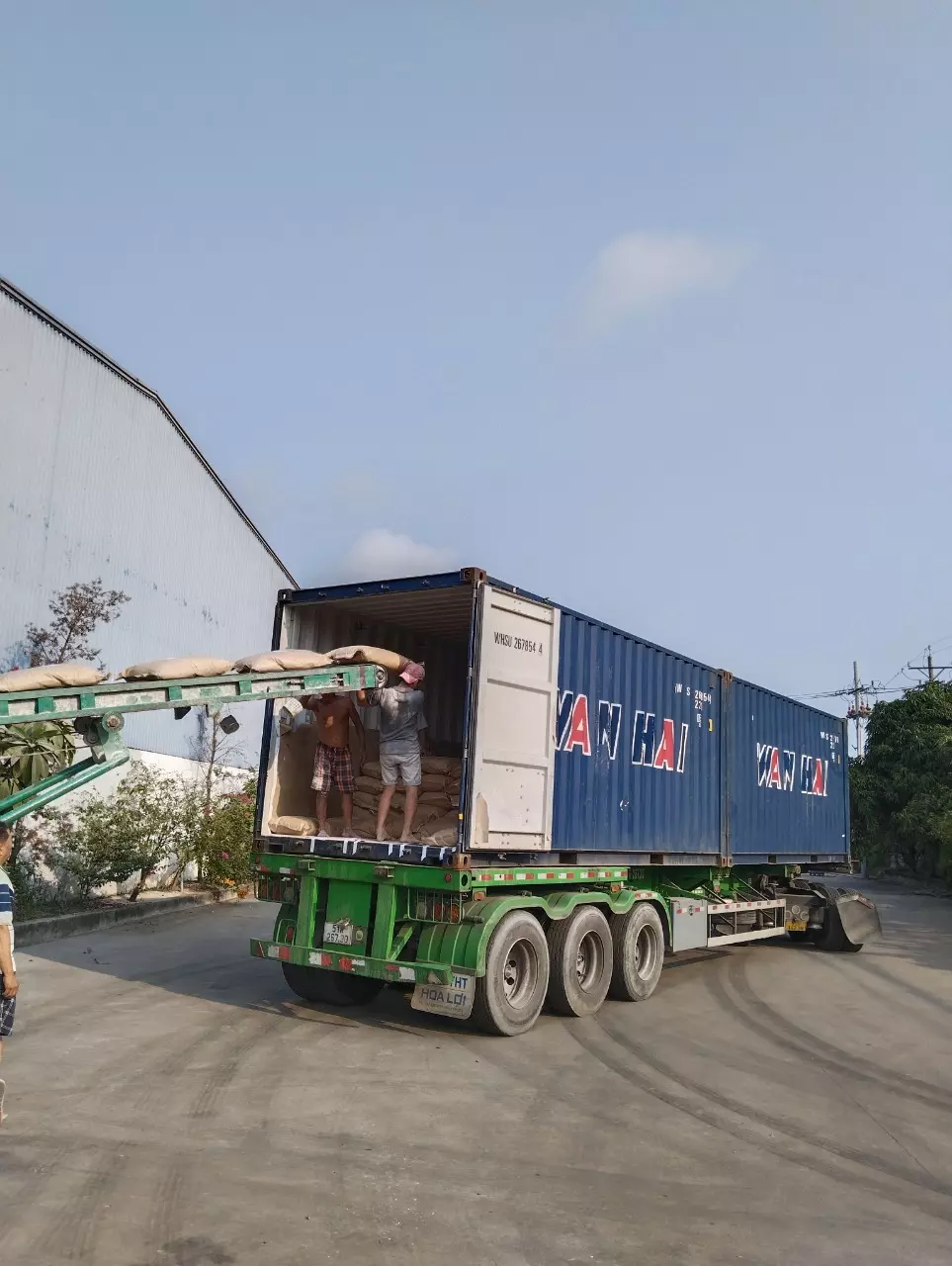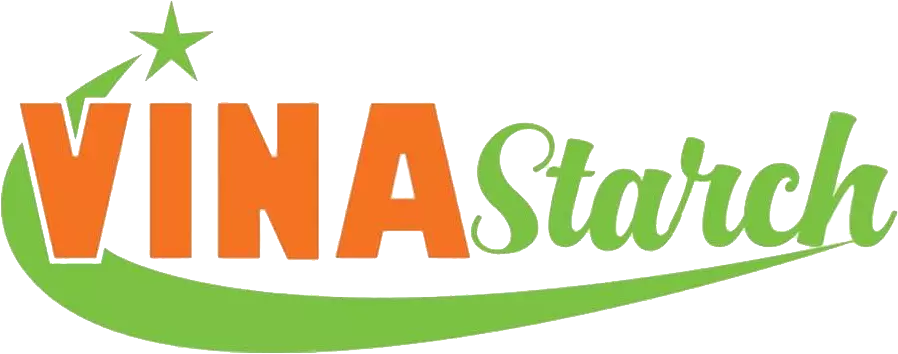In addition to exporting turmeric starch in large quantities, Vietnam is also an exporter of cassava starch in equally large quantities. Procedures for exporting cassava starch are also quite simple. Your business needs to clearly understand the information that when exporting cassava starch, it requires standards such as: ensuring packaging and labels have complete information, being fully quarantined before putting the goods on the means of transport, ensuring Ensure food safety before reaching consumers. So what documents are required for exporting cassava starch? Please join Logistics Solution in following the article below
Definition of tapioca starch
Tapioca starch or tapioca starch is a fine white starch product extracted 100% from fresh cassava roots. In nature, starch is a carbohydrate formed in nature in very large quantities. . It is found in tubers, seeds, and fruits of various plants. Starch provides plants with energy during dormancy and germination. It is also the most important source of energy for animals and humans. Starch plays a vital role in our lives. There is currently a clearly growing demand for cassava starch (tapioca starch) all over the world.

Procedures for producing cassava starch
To ensure smooth shipment of cassava starch when exported. Your business needs to clearly understand the information below:
Regarding packaging labels: The outer packaging of the product must clearly state the origin, grade, processing enterprise, date of manufacture, purpose of use (for food or industrial use), packaging is prohibited. and mixed transport.
Regarding plant quarantine: Cassava starch used as exported food must be quarantined by Vietnamese competent authorities at the request of the import port (approved by the quarantine agency under the Plant Protection Department – Ministry of Agriculture and Development). rural development and issuance of plant quarantine certificates)

Regarding food safety criteria: Cassava starch exports must ensure food hygiene and safety criteria (SO2 residue, heavy metals, mold, harmful microorganisms, labels).
Free circulation of products: Your business makes a certificate of free circulation (CFS) to certify that the products and goods are produced and allowed to circulate freely in the exporting country.
Certificate of Free Circulation (CFS)
Certificate of Free Sale (CFS) is a certificate issued by a competent state agency of the exporting country to traders exporting products and goods listed in the CFS to certify that the product is Those products and goods are produced and allowed to circulate freely in the exporting country; Certificate of free circulation is issued upon request from the exporting trader or from the importing country unit; CFS is one of the necessary and sufficient conditions for customs clearance when exporting
Apply for a certificate of free circulation for cassava starch export shipments based on Decision 10/2010/QD-TTg – Regulations on certificates of free circulation for exported and imported products and goods
The application for a Certificate of Free Circulation (CFS) includes:
– Written request for issuance of CFS (according to the form) clearly stating the name of the goods, HS code of the goods, product standard certification number or registration number, standard number (if any), composition and compound content ( if any), importing country: 1 original, expressed in Vietnamese and English.
– Investment certificate or business registration certificate, enterprise registration certificate: 1 copy with the trader’s stamp.
– List of production facilities (if any), including name, address of the facility, and items produced for export: 1 original.
– The published standard applicable to products and goods, accompanied by the way of presentation (on the goods label or on the goods packaging or documents accompanying the products and goods): 1 copy with the stamp of the businessman.
Modified tapioca starch, Tapioca starch
